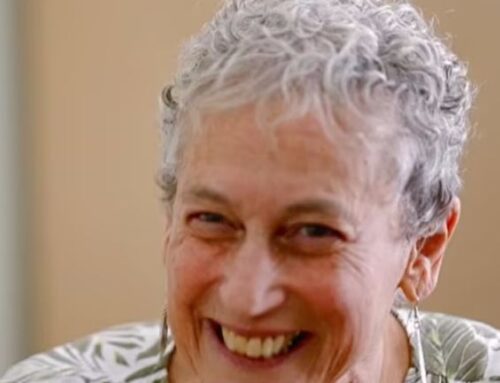A vote on the Parti Quebecois government’s Bill 52, the Quebec euthanasia bill, died when the Quebec National Assembly recessed on February 20 without voting and the provincial assembly was dissolved on March 5 with an election was called for April 7.
Just days prior to the recess, Philippe Couillard, leader of the Liberal Party of Quebec, secured extra time for debate just before the budget was introduced. The budget superseded discussion on any other issue on the day before the scheduled parliamentary recess.
The Parti Quebecois couldn’t force a vote because they had a minority government. That could change if they win a majority in the general election.
During the election the PQ platform reiterated the party’s support for euthanasia. As part of the 36-item platform released on the fourth day of the election campaign, included: “Pass Bill 52, An Act respecting the end of life care.” That commitment is prefaced: “The Parti Québécois tabled a bill to ensure that end-of-life care that respects their dignity and independence and to recognize the primacy of wishes for care clearly and freely expressed by a person.”
Alex Schadenberg, executive director of the Euthanasia Prevention Coalition, predicts if Pauline Marois’ PQ government wins a majority, they will certainly bring the bill back and would likely pass it without much, if any, debate.
Bill 52 would effectively legalize euthanasia and assisted-suicide by not prosecuting doctors for violating the Criminal Code prohibition when they help kill a patient. Schadenberg said Bill 52 would give Quebec doctors the right to lethally inject their patients when they are physically or psychological suffering, but would not limit euthanasia to terminally ill people.
The bill stated that a person must be “at the end of life” but the bill did not define end of life.
It also allowed euthanasia for psychological suffering, which wasn’t defined, either. Schadenberg noted that homicide is under the jurisdiction of the federal Criminal Code although provincial police and judicial systems administer the law.
As the EPC notes, Bill 52 was “lethal, imprecise, and unconstitutional.”
Yves Bolduc, the former Quebec Liberal health minister, warned earlier this year that if Bill 52 passed it would lead to suicide tourism. “We are certainly going to have people from other provinces who will come here, who will stay for a certain time … to have medical aid in dying,” he said during legislative hearings on the bill.
Liberal Premier Kathleen Wynne has said that Ontario should consider a similar approach to not prosecuting physician-assisted deaths.
At the beginning of the campaign, the PQ led in the polls but at the midway point, the Liberals and PQ were tied with a CROP poll showing the Liberals ahead 39 per cent to 36 per cent.
Outside the release of the PQ’s platform end-of-life issues were not prominent in the campaign as separation and the province’s finances were the central issues.
While the political parties did not focus on the issue, anti-euthanasia groups were active. Physicians for Social Justice held a news conference with the group’s leader Dr. Paul Saba and former state of New Hampshire representative Nancy Elliott, who fought euthanasia and assisted-suicide in her state.
Saba warned that doctors who are opposed to euthanasia would be pressed to violate their conscience and rather than do so, many would either retire from medicine or move from the province to practice.
The EPC’s Schadenberg told The Interim, he thinks some form of the same bill will return “whether the PQ win or not,” considering “there are enough members of the Liberal Party who the support the bill.” He guessed, however, that unlike with the PQ, the provincial Liberals “would not give the same support or push.”
Schadenberg said, “the current euthanasia bill in Quebec is unconstitutional and will need to be challenged in the courts,” if it is reintroduced and passes.




